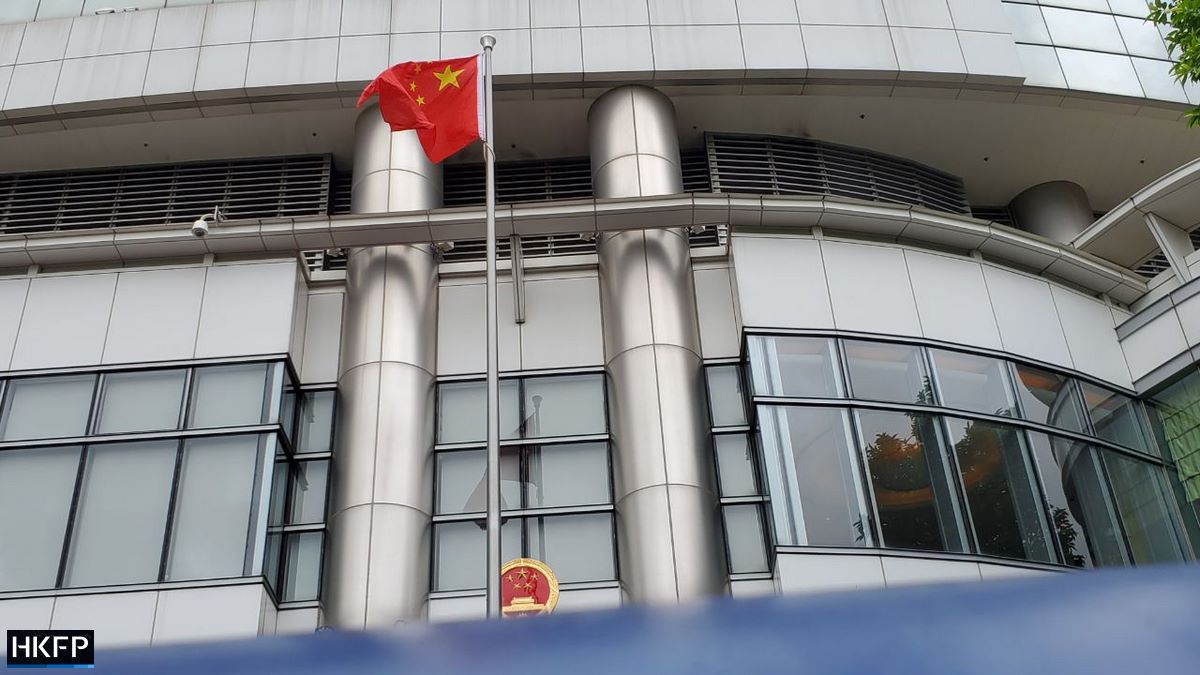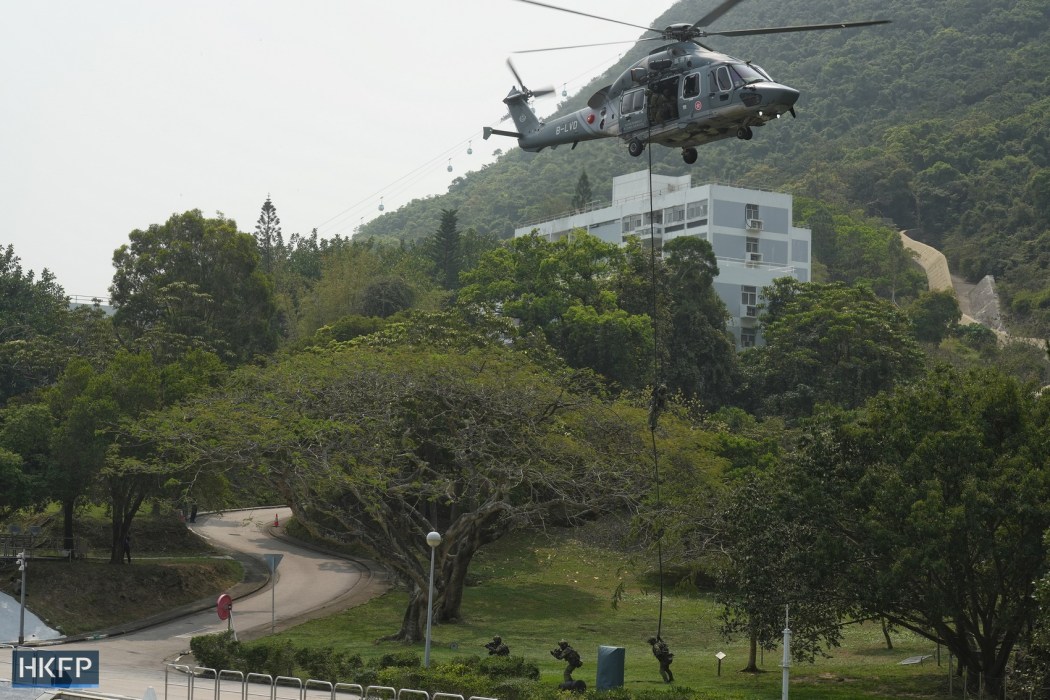Beijing on Tuesday appointed a commissioner to oversee its national security apparatus in Hong Kong, which was first set up three years ago under a sweeping law designed to quell dissent.
China’s State Council announced in a two-line statement that Dong Jingwei had been appointed the financial hub’s commissioner of national security.

The position, which oversees an unknown number of Chinese security agents stationed in the city, had been vacant since the last commissioner, Zheng Yanxiong, was appointed as Beijing’s liaison office chief in Hong Kong in January.
The announcement did not specify Dong’s previous role.
But according to multiple official statements on Chinese government websites, there is a vice minister of national security by the same name.
In June 2021, the vice minister hosted a seminar to educate his subordinates about China’s new regulations on counter-espionage security precautions.

Dong said they must catch spies as well as the funders working behind the scenes who carry out anti-China activities, according to the ministry’s summary of the meeting.
Two months later, according to an online report by China’s Central Political and Legal Affairs Commission, he held a press conference and said the national security departments had “mobilised all forces in the society for a people’s war against spies”.
“We insist on catching both the foreign spies as well as the hidden traitors,” Dong said to the reporters, according to the website.
“We are determined to adopt powerful approaches… in order to resolutely safeguard state sovereignty, security and development interests.”

In mid-2020, Beijing imposed a sweeping national security law to prosecute four major crimes, stamping out dissent following huge, and at times violent, democracy protests in 2019.
The new commissioner’s appointment comes after Hong Kong leader John Lee, himself a previous security chief, reiterated in June that his administration seeks to create another law with a focus on espionage next year.
Under Article 23 of the Basic Law — the mini-constitution governing Hong Kong — the city is required to legislate its own security law against seven serious crimes such as treason and theft of state secrets.
The first legislative attempt in 2003 was shelved after half a million Hong Kongers marched in massive protests, worried that their liberties would be undermined.

Under the 2020 law, Chinese security agents were for the first time allowed to openly operate in the city and would not be bound by local laws.
The law also allows for suspects to be extradited to the opaque, Communist Party-controlled justice system in mainland China.
About 260 people have been arrested and 79 convicted under the law, including dozens of Hong Kong’s most prominent democratic politicians and activists.
Support HKFP | Policies & Ethics | Error/typo? | Contact Us | Newsletter | Transparency & Annual Report | Apps
Help safeguard press freedom & keep HKFP free for all readers by supporting our team
























